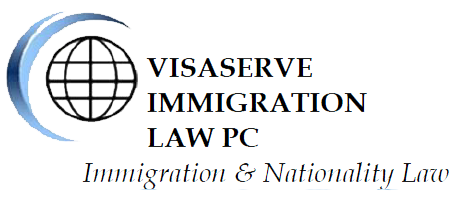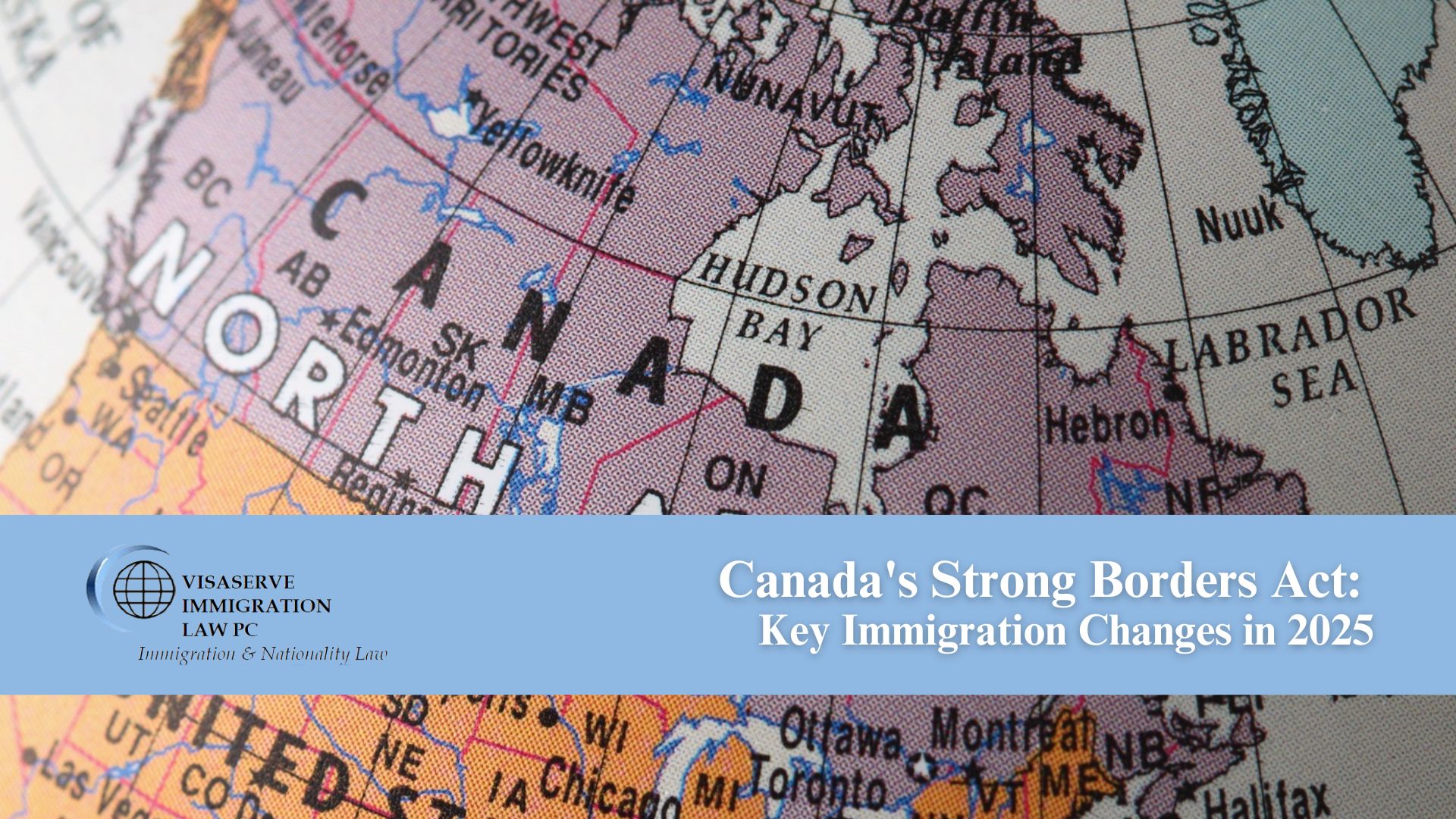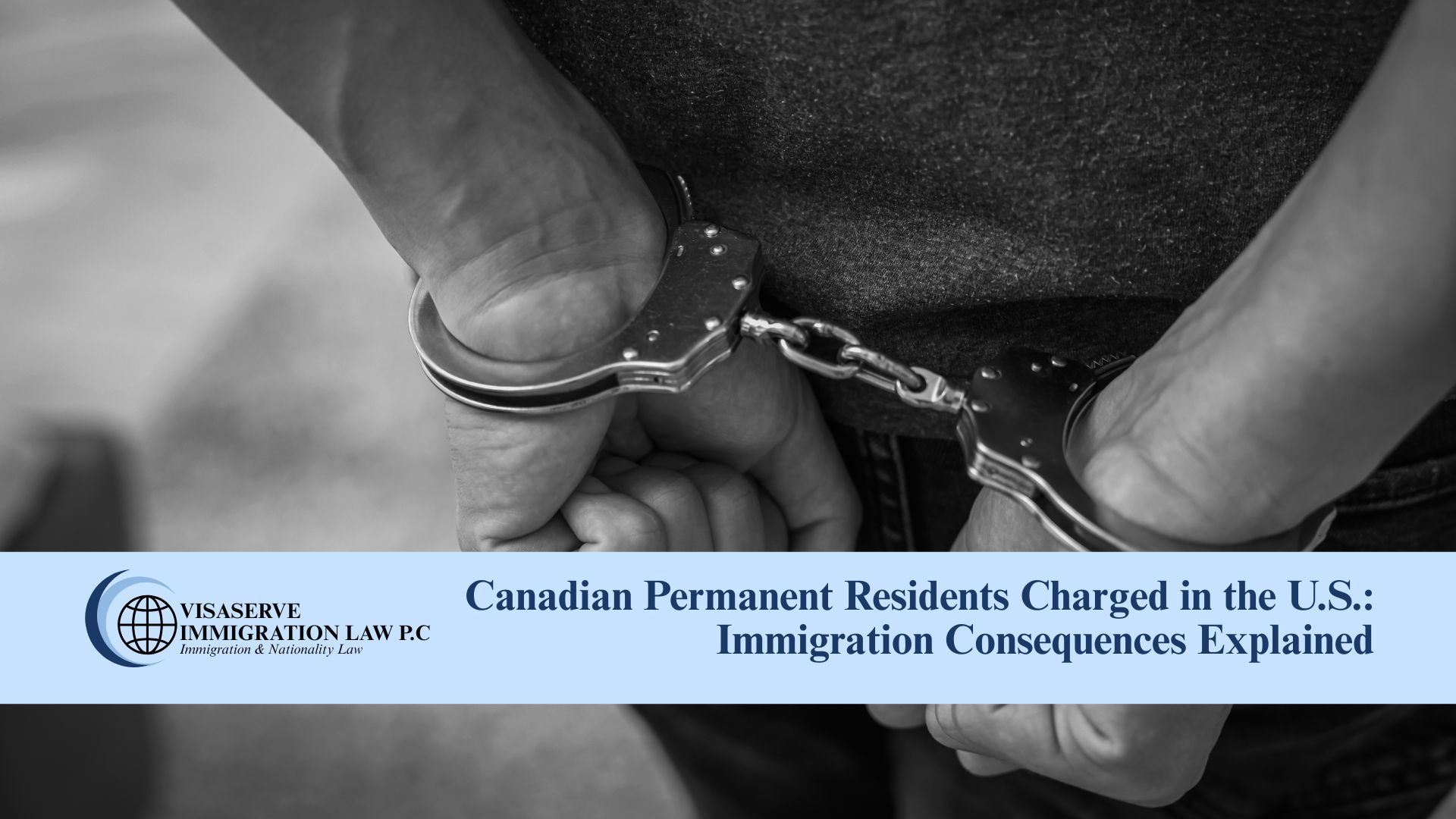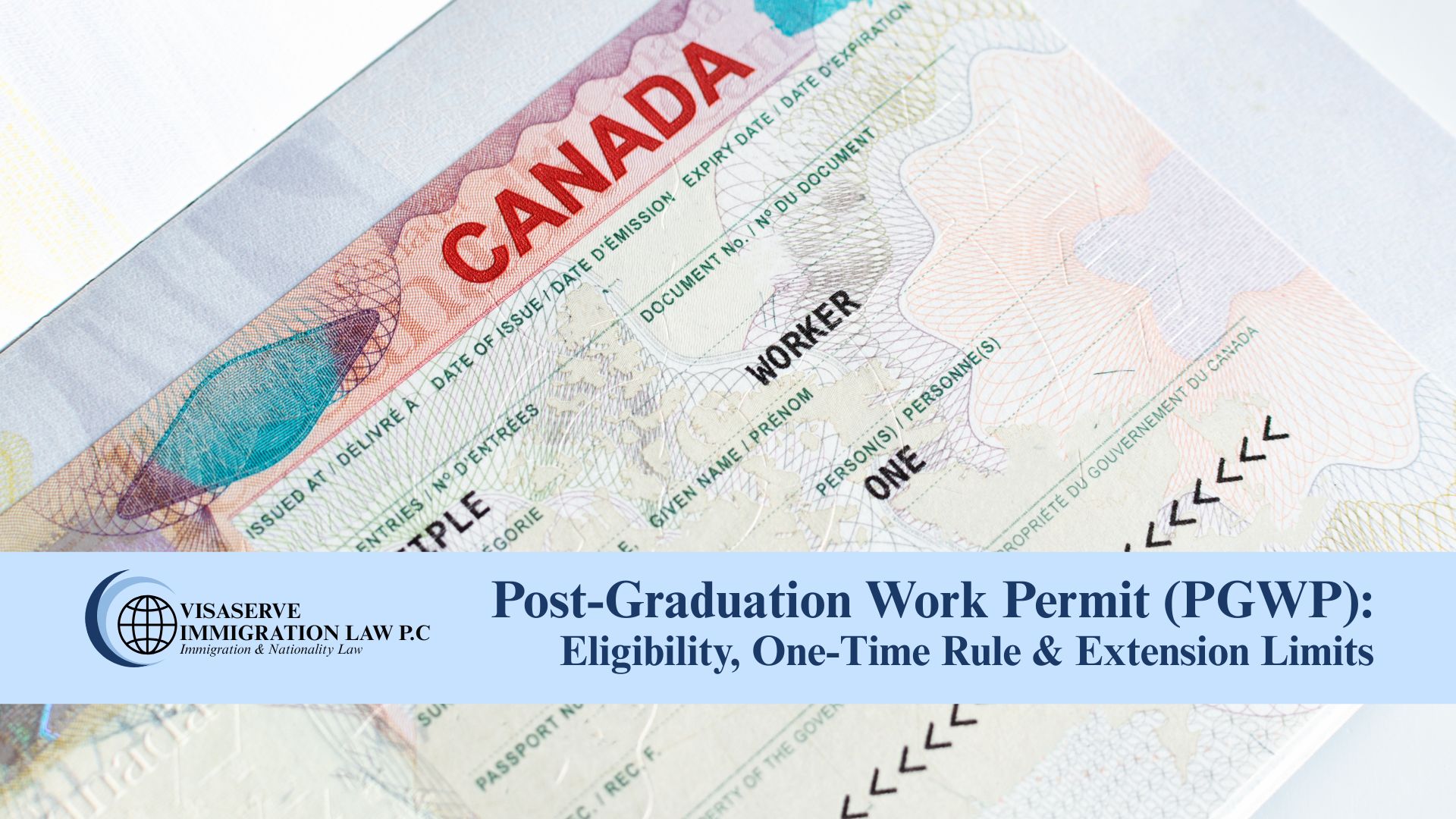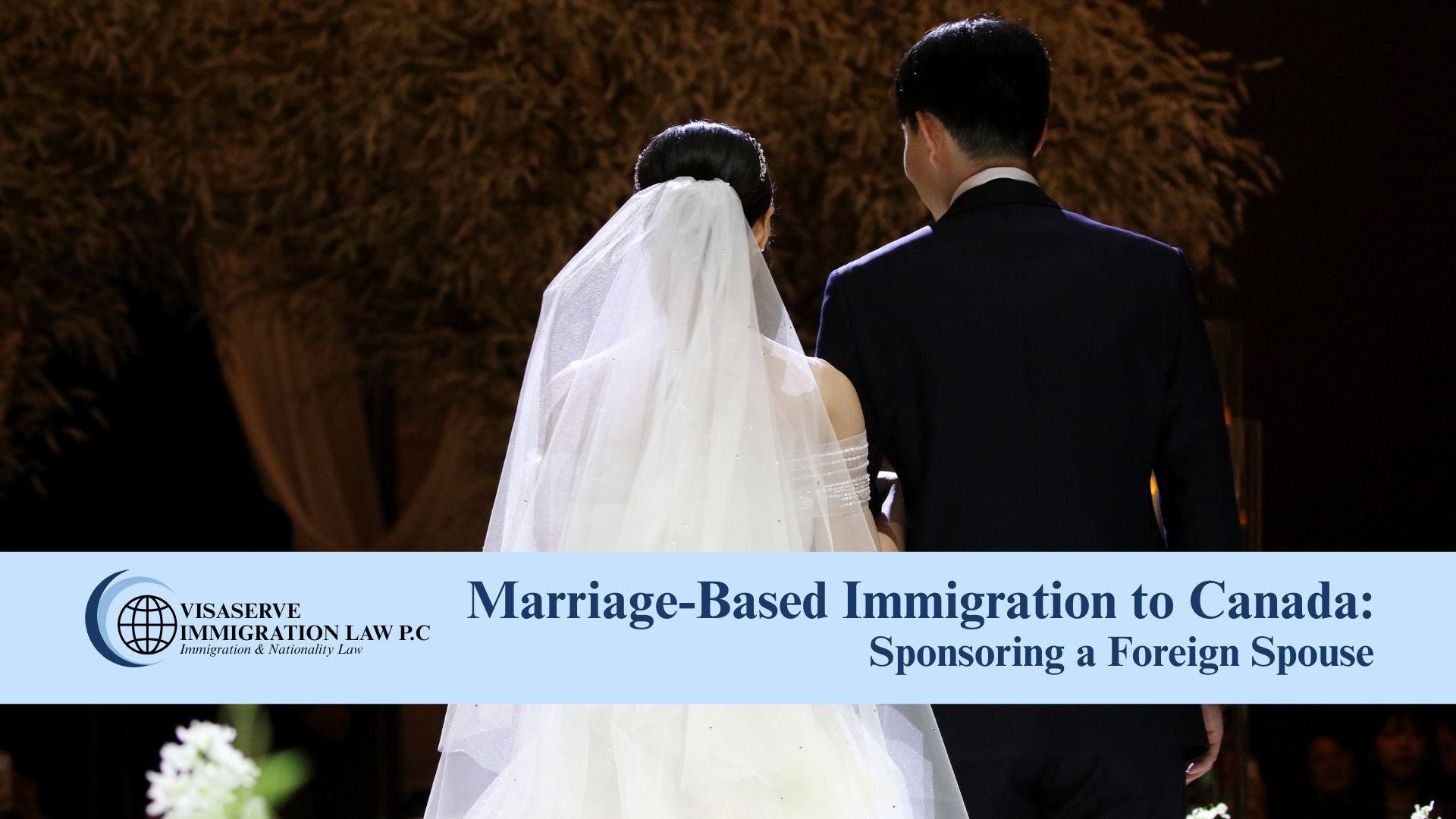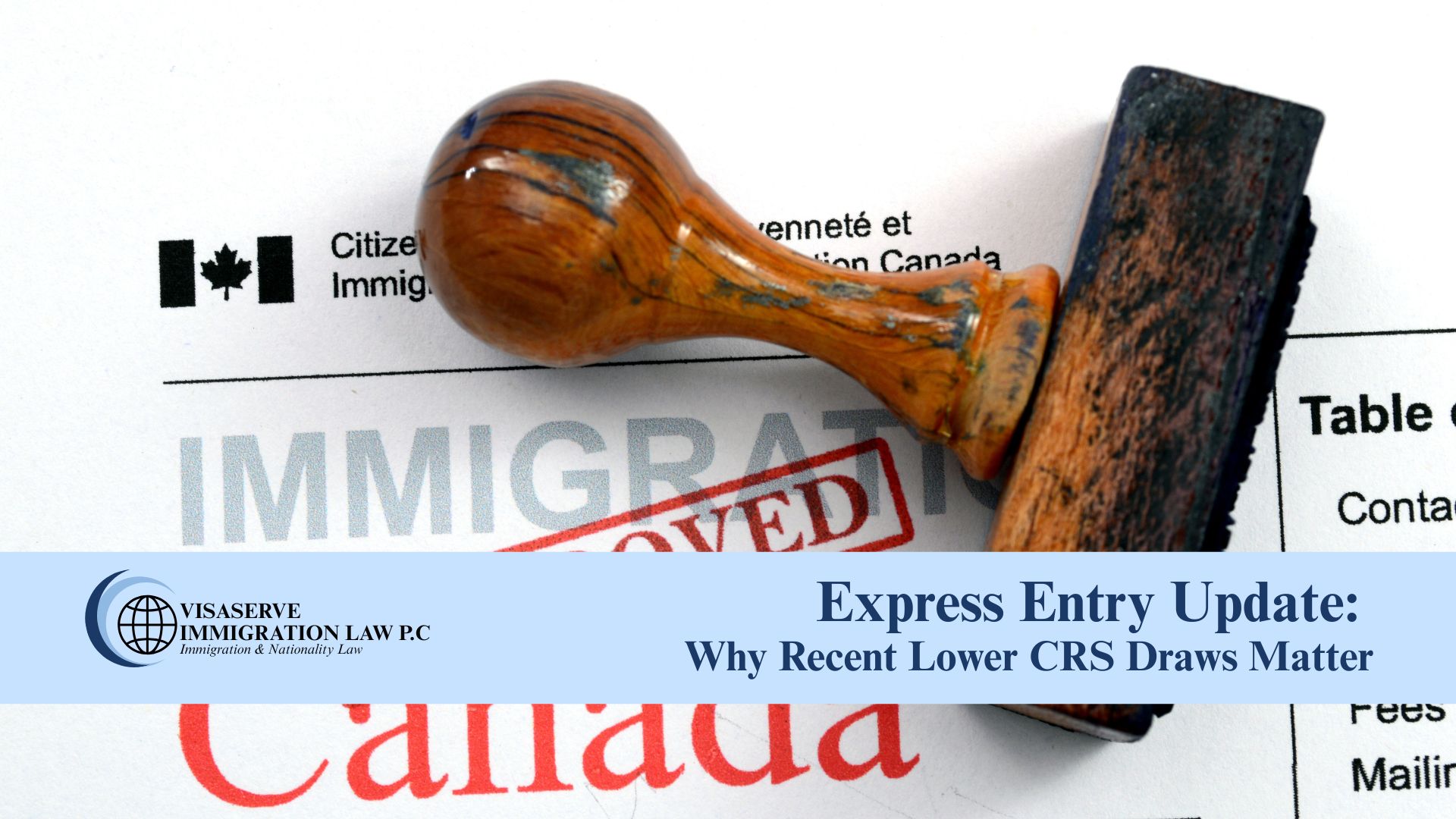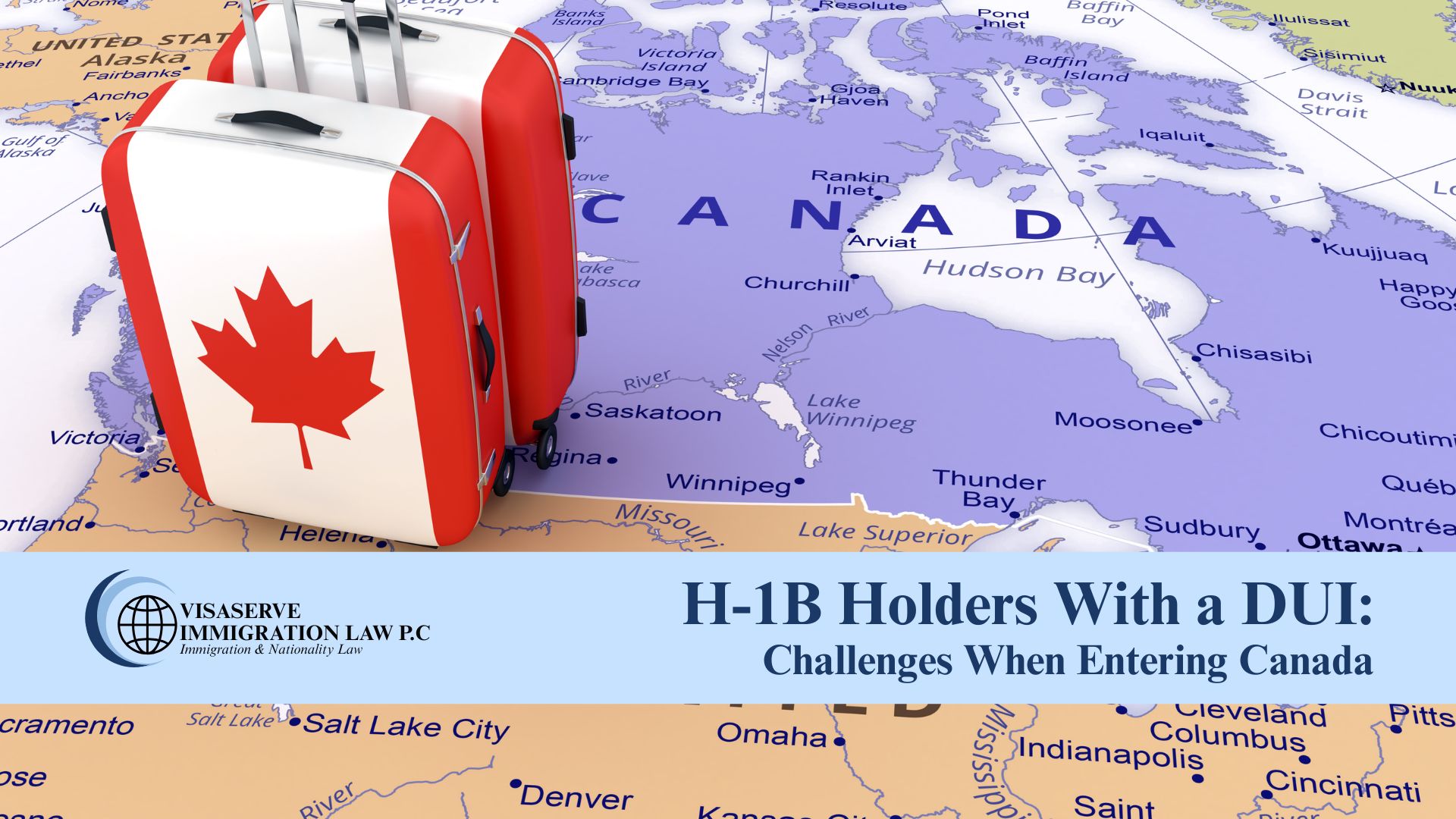On June 17, 2025, the Government of Canada released additional details on the Strong Borders Act—a sweeping legislative initiative aimed at reinforcing the integrity of the immigration and asylum systems while addressing growing pressures at the Canada–U.S. border. At Visaserve Immigration Law P.C., we break down the key immigration-related changes and what they mean for foreign nationals, visa holders, and foreign investors in Canada.
1. Expanded Authority Over Immigration Documents
The Act gives the federal government the power to suspend, cancel, or modify immigration documents—including visas, eTAs, work permits, and study permits—if deemed necessary for the public interest. While the law stops short of affecting permanent or temporary resident status, it allows rapid intervention in emergencies or cases of fraud, misuse of public programs, or national security concerns.
Important: These provisions do not apply to asylum claims.
2. Enhanced Information Sharing Within Canada
To reduce delays and close administrative gaps, the Act proposes systematic information sharing between IRCC, provinces, and territories. This would:
-
Speed up access to public services for immigrants
-
Detect identity fraud in benefit programs
-
Support law enforcement and immigration investigations
Personal data sharing will still be governed by Canadian privacy laws and cannot be disclosed to foreign governments without IRCC’s consent.
3. Faster and Clearer Asylum Procedures
Significant changes aim to simplify and accelerate asylum claim processing:
-
Unified online process for claims made at ports of entry or inland
-
Only the Immigration and Refugee Board (IRB) can decide claims
-
Inactive cases to be removed from the system
-
Same-day enforcement of removal orders after claim withdrawal
-
Representatives to be assigned to vulnerable claimants
These measures maintain Canada’s humanitarian commitments while reducing the growing case backlog.
4. New Grounds of Asylum Ineligibility
The Act introduces stricter rules to prevent misuse of the asylum system:
-
Individuals making a claim over one year after entering Canada (post-June 24, 2020) will not have their claims referred to the IRB
-
Irregular border crossers from the U.S. who claim asylum more than 14 days after entry will also be deemed ineligible
While these individuals can still apply for a Pre-Removal Risk Assessment (PRRA), their claims will bypass the IRB, streamlining the review of urgent protection cases.
What This Means for Foreign Nationals
If you are in Canada on a temporary visa, are planning to immigrate, or are considering an asylum application, it is crucial to understand how the Strong Borders Act could affect your rights, timelines, and document status. Missteps—such as delayed asylum filings or inaccurate application details—could now carry more serious consequences.
At Visaserve Immigration Law P.C., we provide proactive legal guidance to ensure your immigration status is secure and compliant with the latest federal regulations. Whether you are applying for a work permit, seeking permanent residence, or navigating the asylum system, we are here to help you with tailored legal solutions backed by the most current updates from canada.ca.
Looking for support?
📞 Contact us for a consultation on how the Strong Borders Act might impact your immigration journey.
